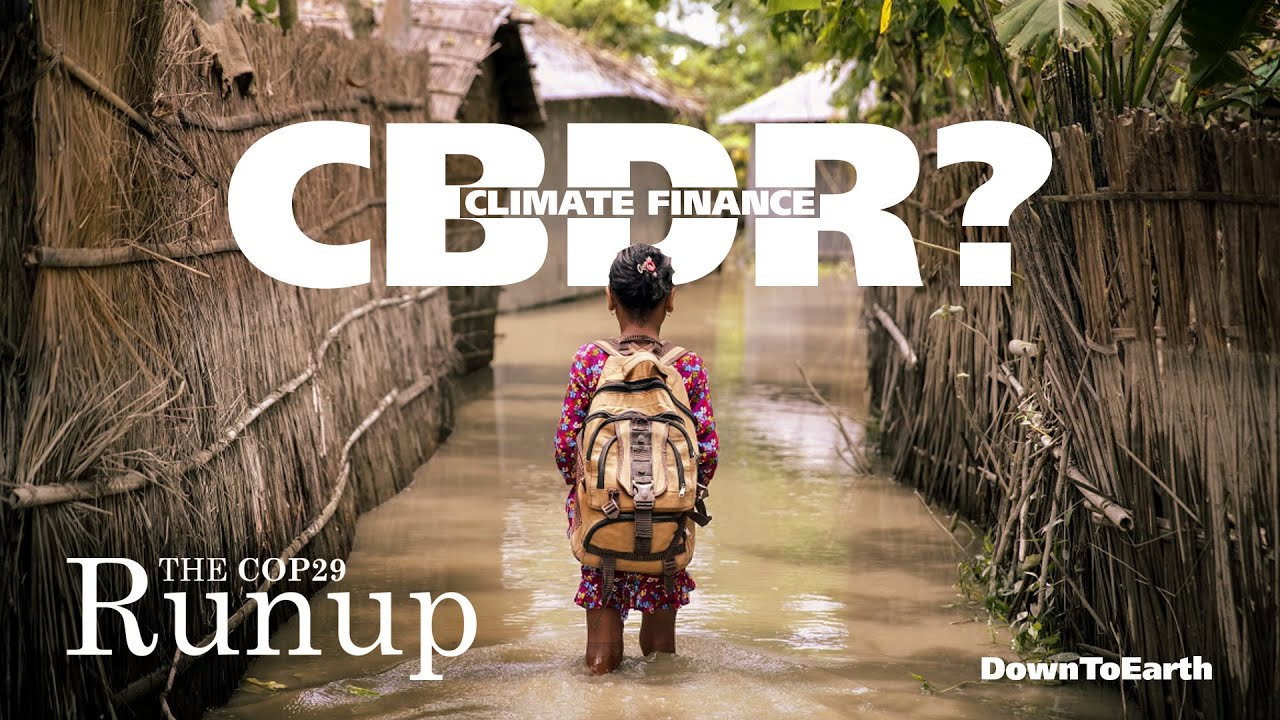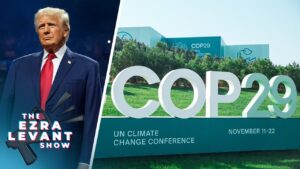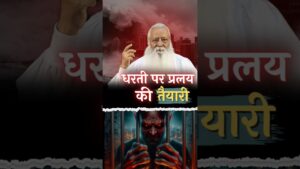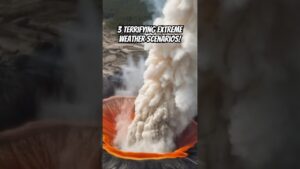
In May 2024 the southern part of Brazil was hit by one of the worst-ever floods in its history. The catastrophe claimed the lives of 155 people while forcing another 540,000 out of their homes. The estimated economic losses from the 2024 floods in Brazil are around $4 billion. In India, a total of 1,492 people died during extreme weather events in the 2024 monsoon season, according to data compiled by the India Meteorological Department.
Even though these events happened in two different parts of the world, Climate change seems to be a common denominator that drives these extreme weather events. But what is interesting is that not everyone is equally affected by the consequences of extreme weather events. In the first 9 months of 2022, extreme weather events impacted 75 million people and caused over 10,000 deaths. Asia and Africa accounted for 94% of the people in both categories. But neither the US nor the EU figure amongst the top 10 countries that faced these casualties, even though the US is historically responsible for 25% of the emission while the EU’s share is 17%.
This shows that while all states are responsible for addressing global environmental destruction, the responsibility is not meant to be shared equally. This forms the basis of common but differentiated responsibilities CBDR—a foundational principle of both the Paris Agreement and the UNFCCC.
Developing countries are asking for a mechanism to receive reparations from rich countries for climate change impacts caused by the latter. Add to it the cost of adapting to and mitigating GHG emissions to future-proof against the effects of climate change, and this constitutes the basis for Climate Finance.
Finance is a key enabler of climate action. Hence, arriving at a finance goal that best serves the needs of these countries is significant for ensuring climate justice. It is also the centre of the upcoming COP29 negotiations.
But what do you think is the cost of climate change? And who decides these figures?
Watch along as we delve deep into the important questions surrounding climate change in the upcoming videos.
Down to Earth is Science and Environment fortnightly published by the Society for Environmental Communication, New Delhi. We publish news and analysis on issues that deal with sustainable development, which we scan through the eyes of science and environment.
source







Im waiting for the next video on cop29
Thank you for this
Nice video
Thankyou Down To Earth 🌎
Everyone in India please use Air to air heat pump rather than AC
Thanks a lot
Really helpful to build perspectives on what these international forums need to achieve…
damn awful that humanity has come to this crisis and all we think is about how to maximize profits instead of tackling this problem. West and global north needs to be held accountable!
Amazing content and video …keep it up…